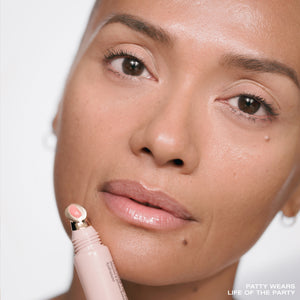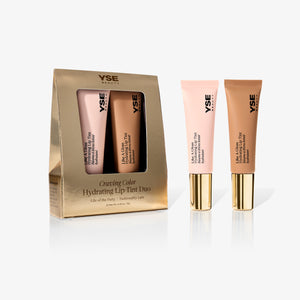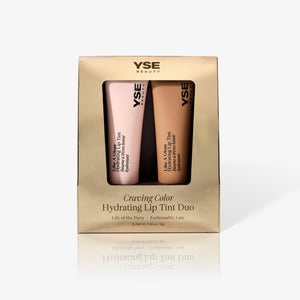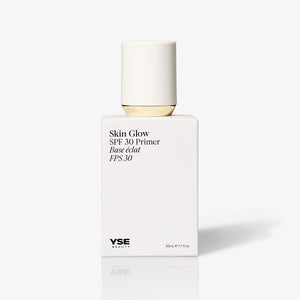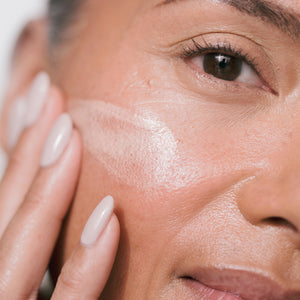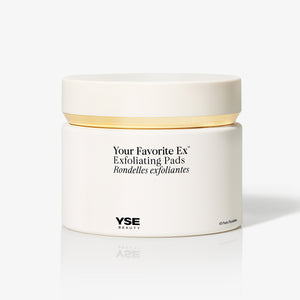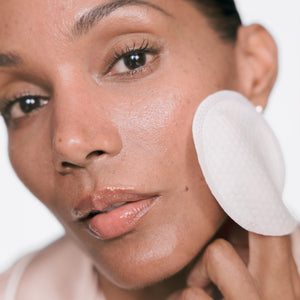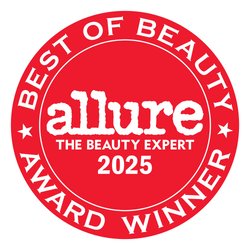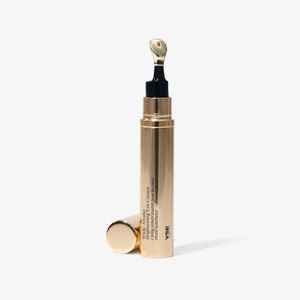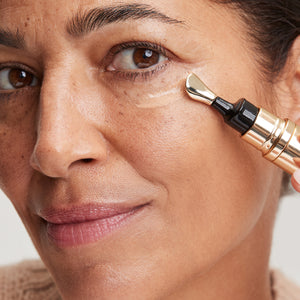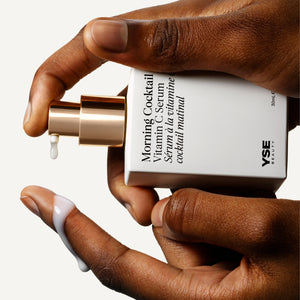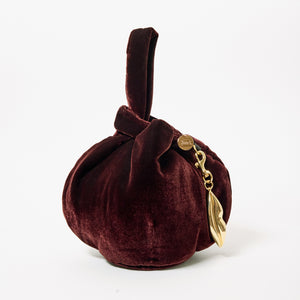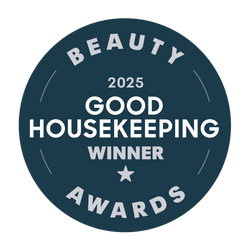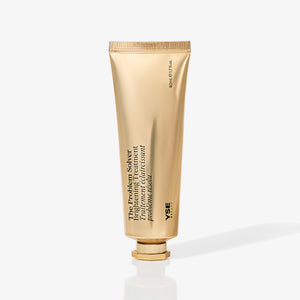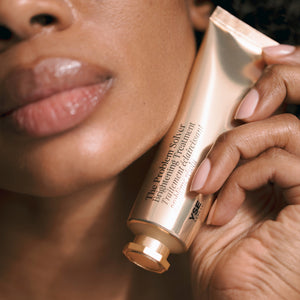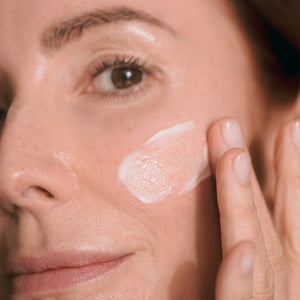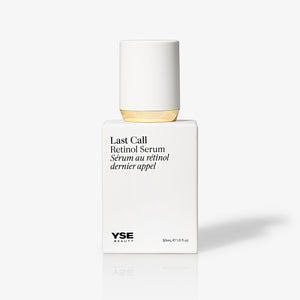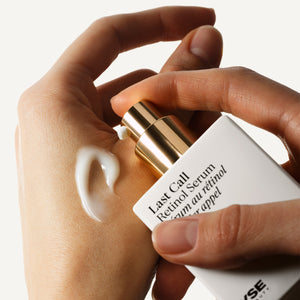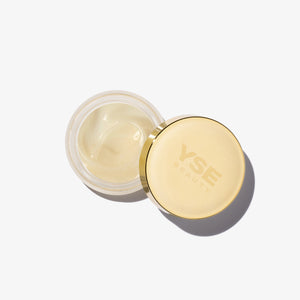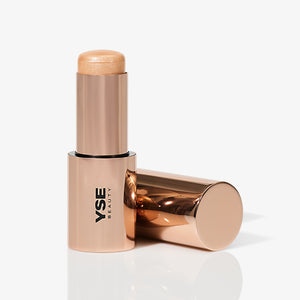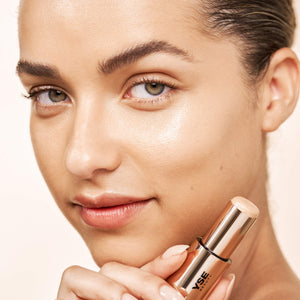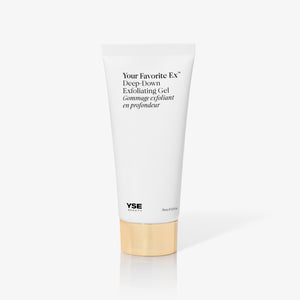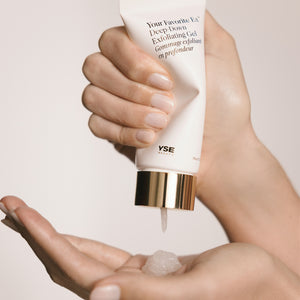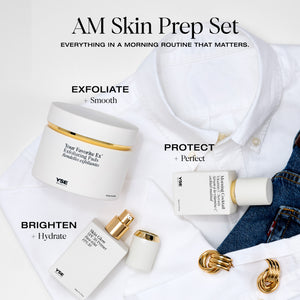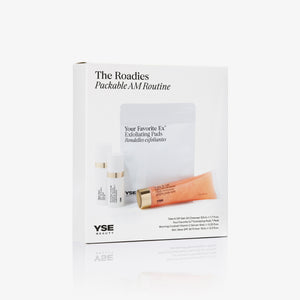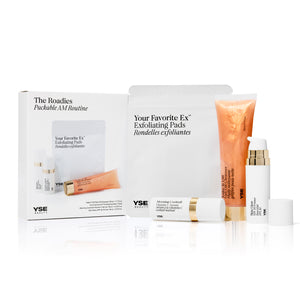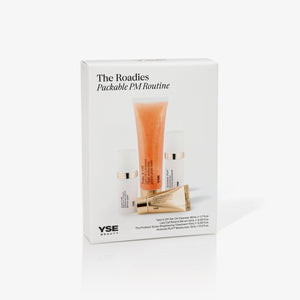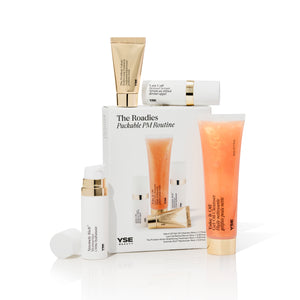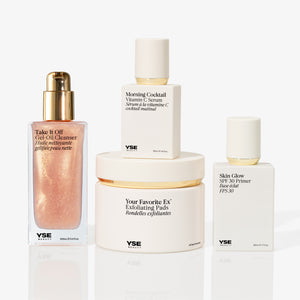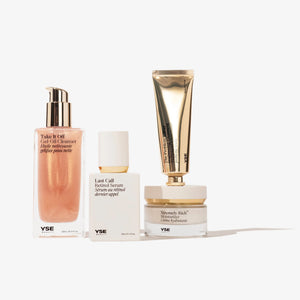Small, dark spots – no more. We know – and our founder, Molly really knows – how tough living with hyperpigmentation can be. It can affect your self esteem, make you pack on the concealer or foundation throughout the day, and begin an endless search to find a solution. That was her battle before starting YSE. Post-pregnancy, she dealt with a handful of skin issues, but melasma and hyperpigmentation affected her the most.
And often, people are told these dark spots call for intensive, expensive laser treatments that, in her words, can make it look worse, before it gets better. So, to forget all of this, she started YSE Beauty – for all of us to hide a little less and feel more beautiful in your own skin. Because these pesky spots should not be the reason you’re not out and living. However, we know how defeating it can feel – So, what if you could learn how to get rid of hyperpigmentation without all the intense procedures?
Common Causes of Hyperpigmentation
One of the major causes of hyperpigmentation is from your skin overproducing melanin as a result of UV ray exposure . Other factors, like hormonal changes during pregnancy, acne scars and even certain illnesses can also lead to these dark spots starting to show.
It’s normal for sun spots and freckles to form on our skin as we go through life, but if they’re becoming a concern, there are steps you can take to improve their appearance and prevent new spots from forming.
To start, melanin is the natural pigment that gives skin, hair and eyes their color. When melanin clusters together it forms dark spots and discolored patches in the form of the below types of hyperpigmentation.
- Sunspots: This is the most common type of hyperpigmentation, and is caused by a high amount of sun exposure, which causes the body to produce excess melanin as a means to protect us against the harmful UV rays.
- Melasma: This is caused by hormones and is usually due to pregnancy, the birth control pill or hormone treatments.
- Post-Inflammatory Hyperpigmentation: This is often caused by inflammation in the skin due to injury or skin conditions like acne or eczema.

































